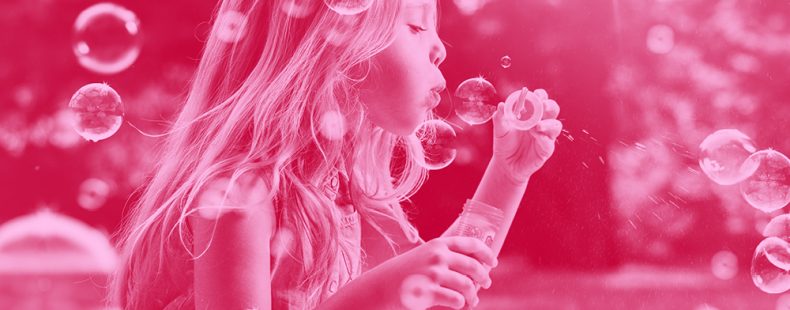From throwing a party to going on an adventure to simply playing a new board game, we tend to describe any form of entertainment as fun. Going to the movies? Fun. Baking a cake? Fun. Training for a marathon? Fun—for some people, anyway.
As a result, the word fun has become a go-to, often cliché, description for having a good time. We get it, fun is pretty fun. But, if it can be used for everything from baking cakes to marathon training, it might be time to dial back our use of this word and switch to alternatives that are … funner (yes, that’s a real word)!
To help mix it up a little bit, we’ve gathered some of our favorite synonyms for one of the most entertaining words around. We think you’ll have fun trying out some of these alternatives for fun as an adjective.
Before we get into the alternatives, though, we first want to draw your attention to a term that typically isn’t one, which is …

























